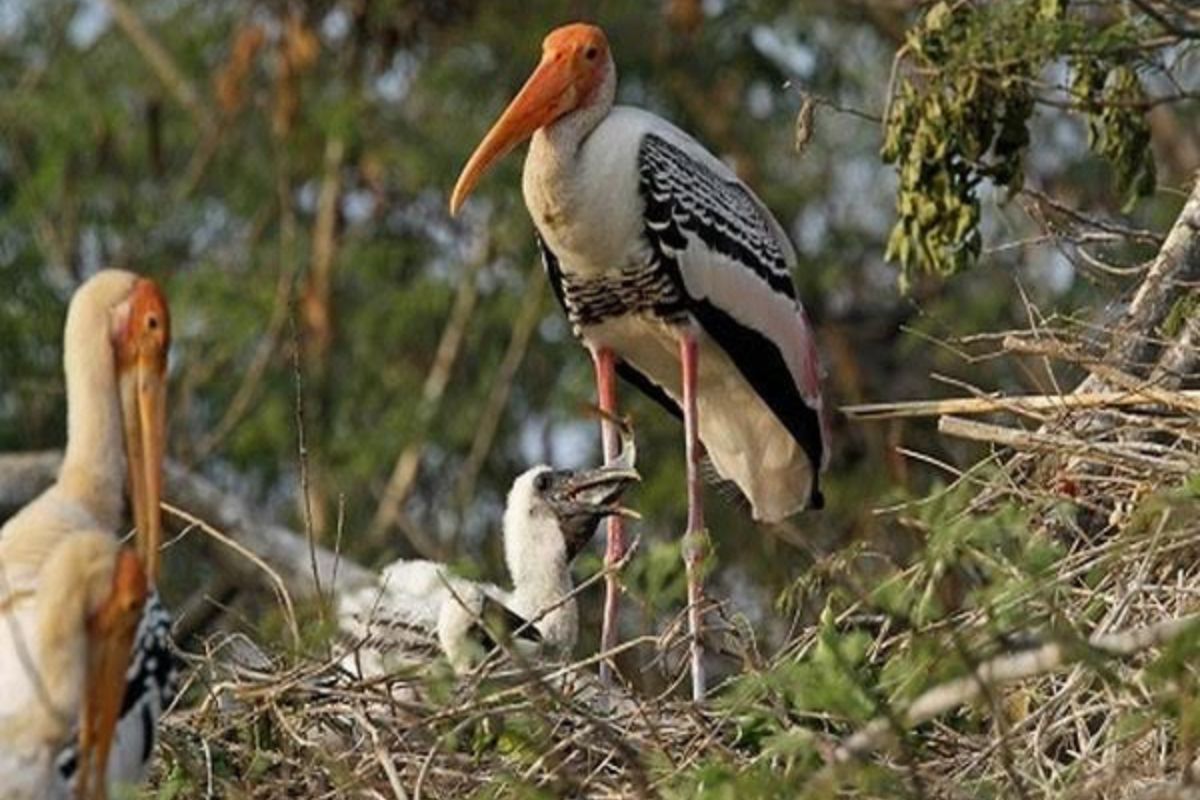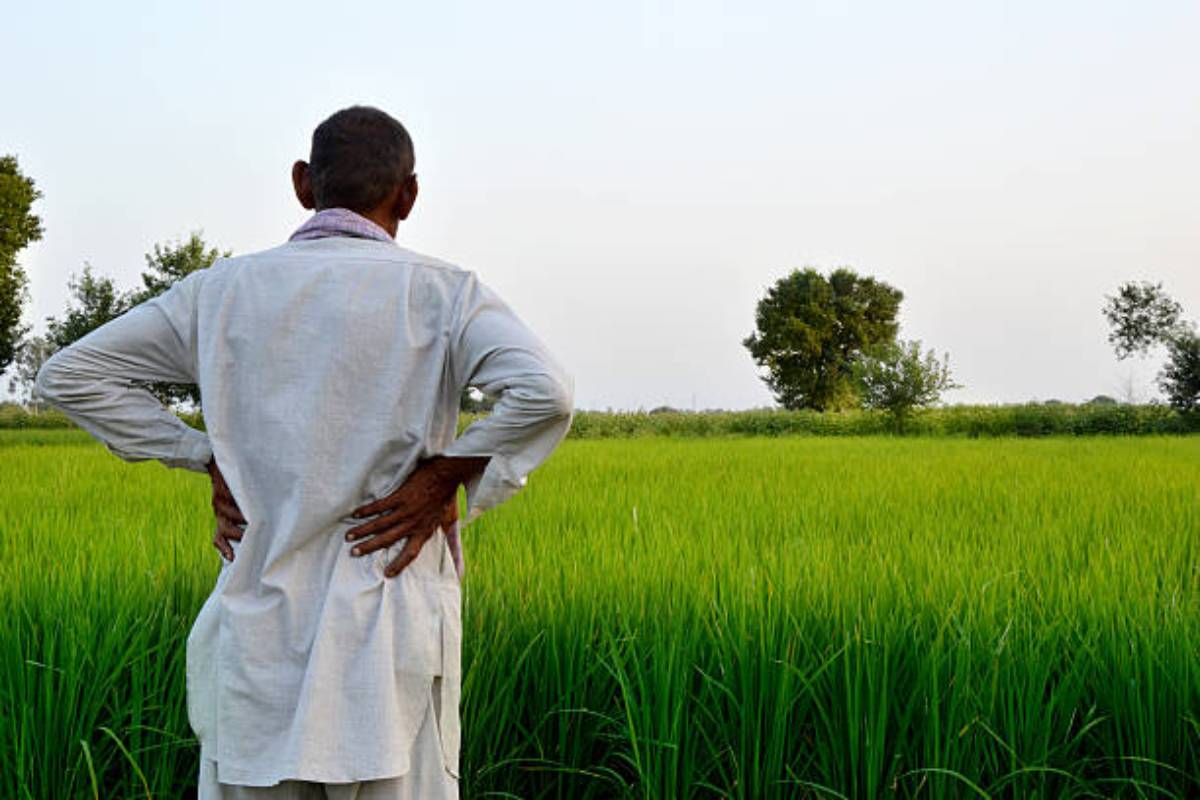Govt sanctions Digital Agriculture Mission with Rs 2,817 crore outlay
India's digital revolution has significantly transformed governance and service delivery in recent years by creating digital identities, secured payments and transactions.

India's digital revolution has significantly transformed governance and service delivery in recent years by creating digital identities, secured payments and transactions.

Australian High Commissioner to India Philip Green met state agriculture minister Sobhandeb Chattopadhyay at Nabanna yesterday and discussed possibilities for collaboration in the agriculture sector between the two countries.

One of these impacts is the physical erosion of the topsoil due to high wind and water flow, as well as the reduction of vegetative cover. This was visible during dust storms in some areas.

The Minister informed that Pradhan Mantri Kisan Sampada Yojana has benefitted 38 lakh farmers and generated 10 lakh employment.

So far, more than 57,000 farmers have benefited from the scheme as a result of the subsidy of up to 60 per cent given to the farmers of the state on solar pumps.
The agriculture sector has been crying for reforms for decades. These Bills resurrect a 1991-moment to finally liberate Indian agriculture and promise a win-win situation for farmers, consumers, start-ups as well as corporates. If in the process, APMC and mandis become history, only the middlemen and rent-seekers will shed tears.
Government has taken a few good steps. They have opened up the market. Now a farmer can sell their produce anywhere in the country through E-NAM. It has allowed movement of agriculture produce anywhere in the country. If all goes well, it would bring very good results in future. New players will enter the market, would give a better price to the farmers. Then e-commerce companies are also coming up. They would also procure directly from the farmers.
The interest subvention will unlock Rs 5,000 crore additional liquidity, benefitting 2 crore farmers.
Activities around the world are propelling other nations to take steps for hemp cultivation, and India is evolving as the leader among the developing nations eagerly working to revitalise the centuries old industrial crop
Parking aside the question of whether or not this march of the farmer will move the government, it would be worthwhile for the urban intelligentsia to familiarise itself with issues that impinge on India’s hard-earned food security, as policy-driven disasters visit the countryside.
